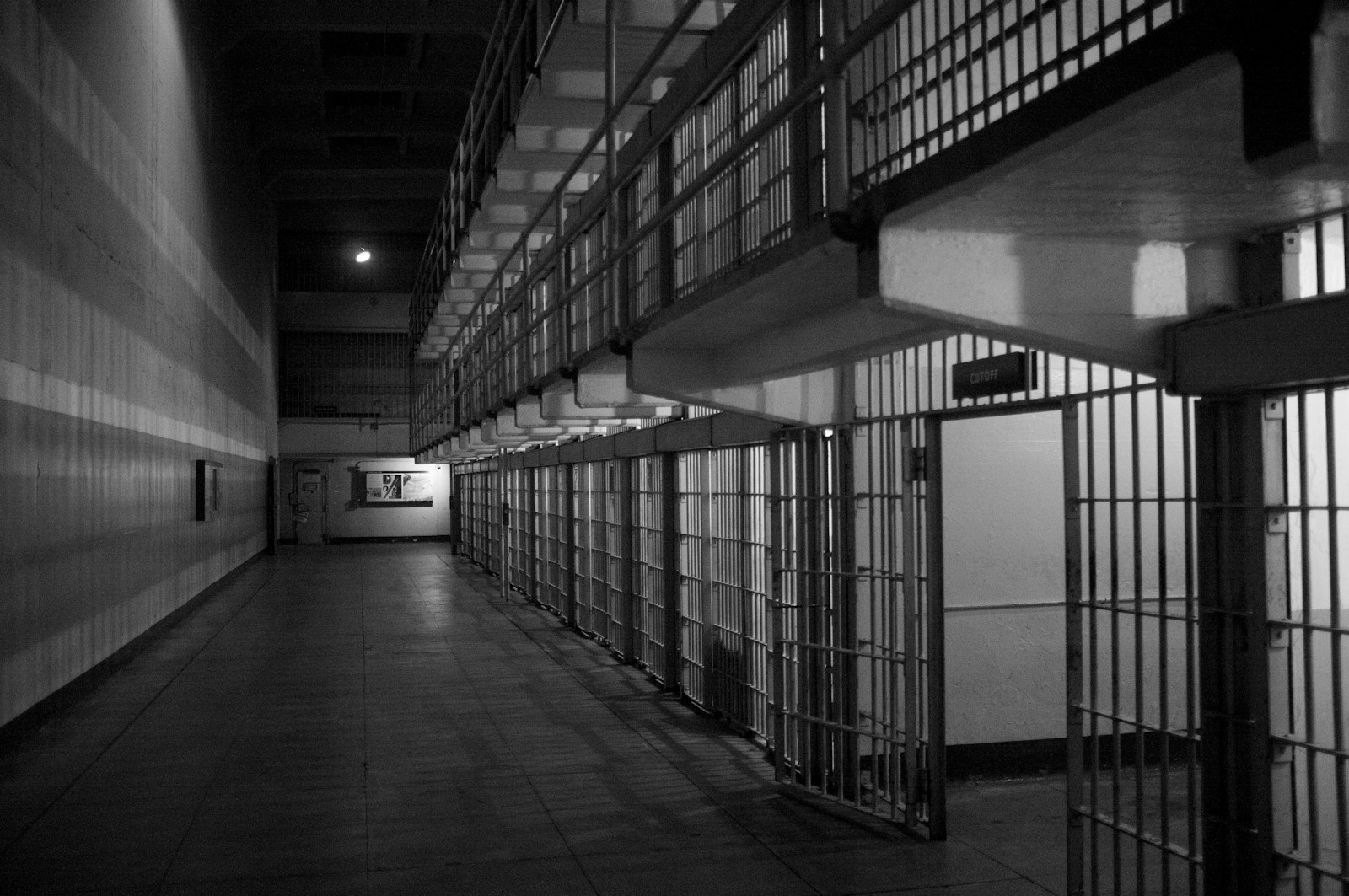Bail Bond
Table of Contents
The Basics of Bail Bonds: Understanding the Financial Side of Legal Proceedings
When it comes to legal matters, the concept of bail bonds is often misunderstood or overlooked. However, understanding how bail bonds work is crucial for anyone who may find themselves or a loved one in a situation where bail is required. In this article, we will delve into the world of bail bonds, exploring what they are, how they function, and why they are an essential part of the legal system.
What is a Bail Bond?

Before we dive into the intricacies of bail bonds, let's start with the basics. A bail bond is a financial arrangement made by a bail bondsman on behalf of a defendant. It serves as a guarantee that the defendant will appear in court for their scheduled hearings. In simple terms, a bail bond is a way for defendants to secure their release from jail while awaiting trial.
When a person is arrested, they are taken into custody and brought before a judge for an initial hearing. During this hearing, the judge determines whether the defendant is eligible for bail and, if so, sets the bail amount. The bail amount is the sum of money required for the defendant's release.
How Do Bail Bonds Work?
When the bail amount is set, the defendant has several options to secure their release. They can pay the full bail amount in cash, use property as collateral, or seek the assistance of a bail bondsman. Most defendants opt for the latter option due to the financial burden of paying the full bail amount upfront.
A bail bondsman, also known as a bail agent or bail bond agent, is a licensed professional who acts as a surety for the defendant. They provide the court with a guarantee that the defendant will appear for their court dates. In exchange for this service, the defendant or their family pays the bail bondsman a non-refundable fee, typically around 10% of the total bail amount.
For example, if the bail amount is set at $10,000, the defendant or their family would pay the bail bondsman $1,000. The bail bondsman then posts the full bail amount with the court, securing the defendant's release. It is important to note that the fee paid to the bail bondsman is not refundable, regardless of the outcome of the case.
The Role of Collateral

In some cases, a bail bondsman may require collateral in addition to the non-refundable fee. Collateral serves as a form of security for the bail bondsman in case the defendant fails to appear in court. Common forms of collateral include real estate, vehicles, jewelry, or other valuable assets.
If the defendant fails to appear in court, the bail bondsman has the right to seize the collateral to cover the full bail amount. However, if the defendant complies with all court requirements and appears for all scheduled hearings, the collateral is returned to the owner once the case is resolved.
The Benefits of Bail Bonds
Bail bonds play a crucial role in the legal system, benefiting both defendants and the overall functioning of the courts. Here are some key advantages of utilizing bail bonds:
- Preserving Employment: By securing their release through a bail bond, defendants can continue working and supporting themselves and their families while awaiting trial.
- Preparing for Trial: Being out of jail allows defendants to better prepare for their trial, gather evidence, and consult with their legal counsel.
- Reducing Jail Overcrowding: Bail bonds help alleviate jail overcrowding by allowing non-violent defendants to be released while their cases are pending.
- Ensuring Court Appearance: Bail bonds provide a financial incentive for defendants to appear in court as scheduled, reducing the likelihood of them fleeing or becoming fugitives.
Case Study: The Impact of Bail Bonds on Pretrial Detention

A study conducted by the Pretrial Justice Institute found that defendants who were released on bail bonds were more likely to appear in court compared to those who remained in custody. The study analyzed data from multiple jurisdictions and concluded that bail bonds play a significant role in ensuring court appearance rates.
Furthermore, the study also highlighted the financial burden of pretrial detention. Defendants who are unable to secure their release through bail bonds often spend weeks or even months in jail awaiting trial. This can have severe consequences on their employment, housing, and overall well-being.
Conclusion: The Importance of Bail Bonds in the Legal System

Bail bonds are a vital component of the legal system, providing defendants with an opportunity to secure their release while awaiting trial. By understanding how bail bonds work and their benefits, individuals can navigate the legal process more effectively and make informed decisions.
From preserving employment and preparing for trial to reducing jail overcrowding and ensuring court appearance, bail bonds serve as a crucial tool in maintaining a fair and efficient legal system. By working with licensed bail bondsmen, defendants can navigate the complexities of the legal process and secure their freedom while their cases are pending.
Remember, if you or a loved one ever find yourselves in a situation where bail is required, seeking the assistance of a reputable bail bondsman can make a significant difference. Understanding your options and the financial implications of bail bonds can help you make the best decision for your specific circumstances.
